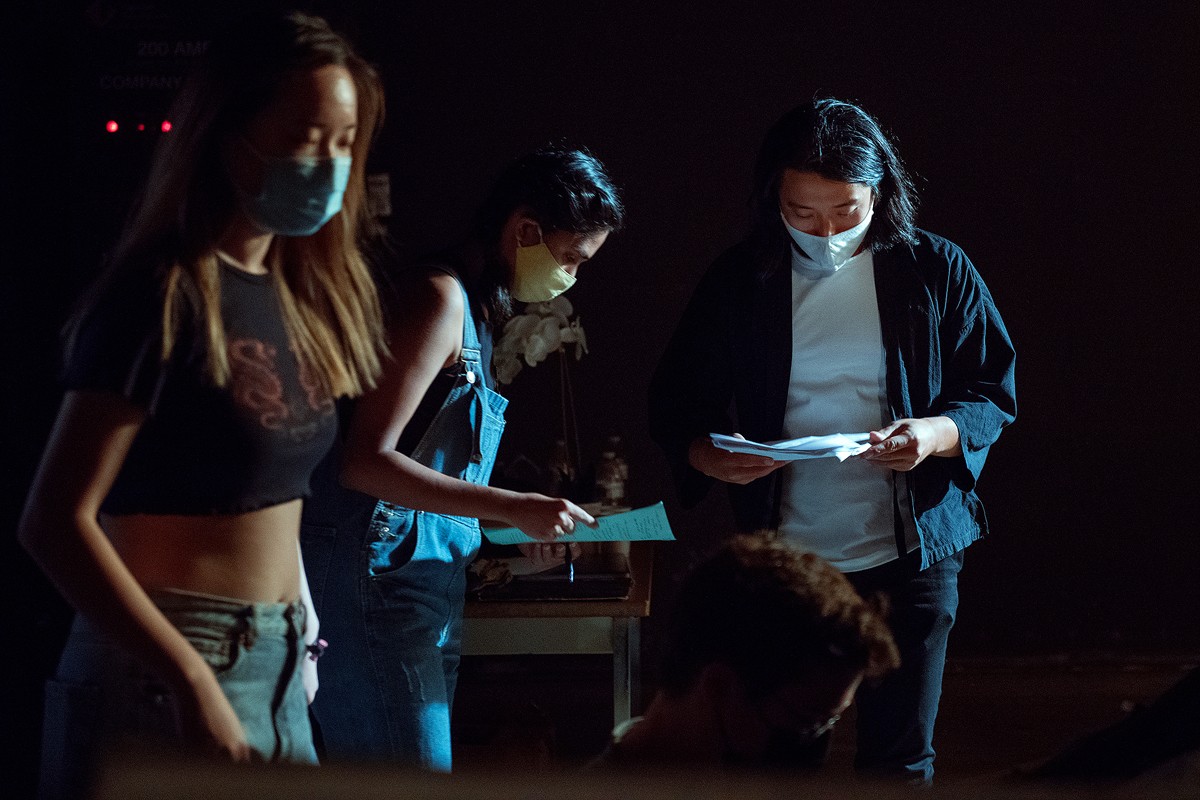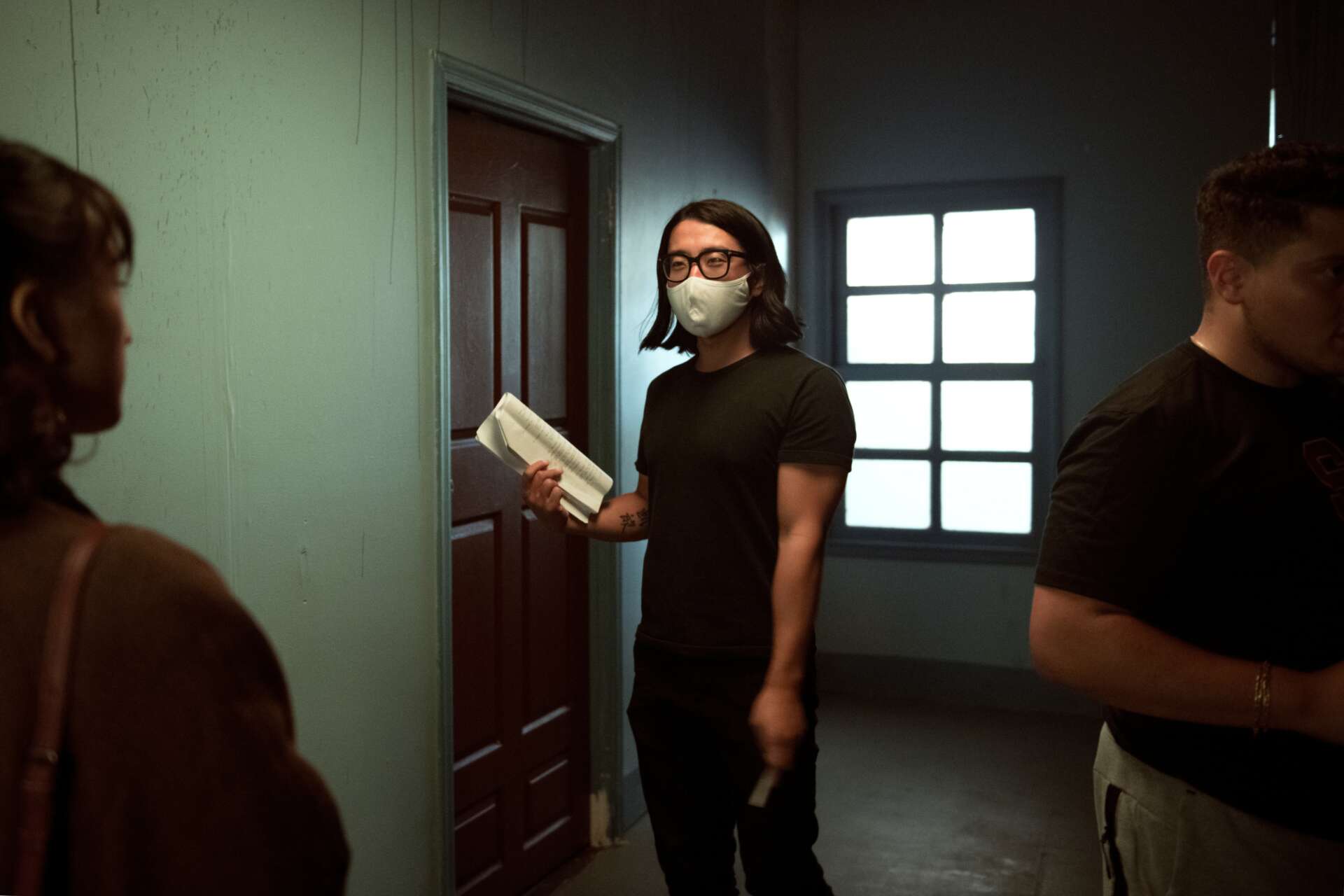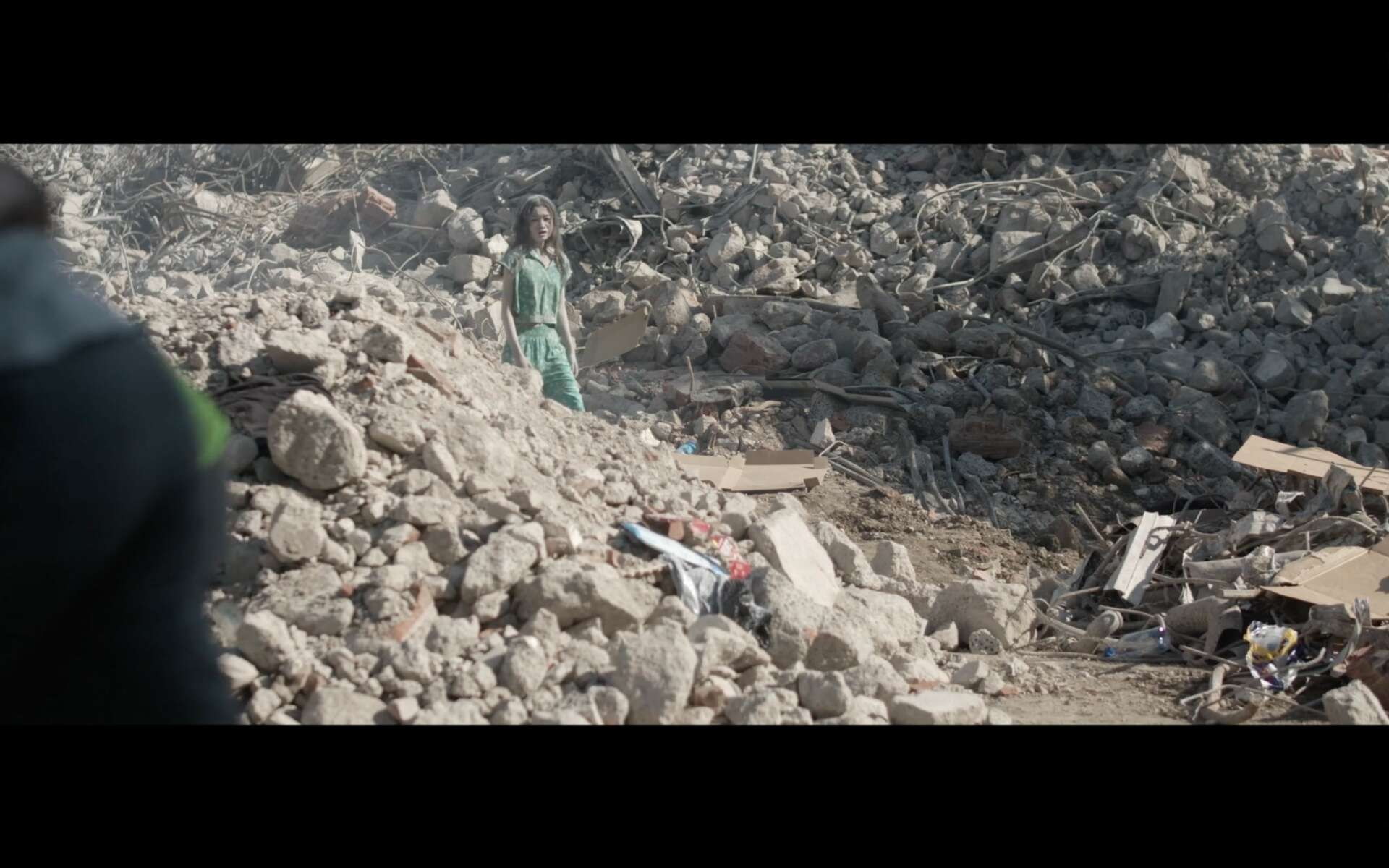Alright – so today we’ve got the honor of introducing you to Tony Shi. We think you’ll enjoy our conversation, we’ve shared it below.
Tony, appreciate you joining us today. Can you open up about a risk you’ve taken – what it was like taking that risk, why you took the risk and how it turned out?
I would say the biggest risk I ever took was quitting my stable job and pursuing my passion for filmmaking. I had studied architecture in my undergraduate program. I would say I was quite good at it, but something was missing. In 2017 I was working full time at an architecture firm in San Francisco. I was making good money, and I was living quite comfortably. But something still felt missing. I had secretly (without telling my employers) applied for film school twice. And twice I failed. So in the summer of 2017 I quit my job, went into a semi-monastic solitude at my parents home for 4 months, and devoted that time to seriously considering my application. I knew it was going to be my last try. If it didn’t work out, then the universe was clearly sending a message that needed to penetrate my thick skull. In this solitude, I got a real chance to think about what I wanted to accomplish as a filmmaker, and why this path was worth throwing everything away. I put that all down on paper, and alas, another 4 months later, the acceptance came in from the University of California School of Cinematic Arts.
I often look back on that time and remember the desperation I felt in my heart. And I remember it fondly. I believe it made me realize that life is full of ups and downs, and that sometimes you need to step back to see the whole picture. Even today I try to apply those same lessons, and when the going gets tough, to step back, breathe, think, and try again.

Tony, before we move on to more of these sorts of questions, can you take some time to bring our readers up to speed on you and what you do?
My name is Tony G.X. Shi, I am a former architectural designer, now screenwriter and film director. I am a graduate of the USC School of Cinematic Arts program, with a Master of Fine Arts in film production. I got into the film industry after years working in the field of architecture, at award-winning firms in Copenhagen, Tokyo, New York, San Francisco, Toronto, and Vancouver. I’ve always harbored ambitions to become a filmmaker, but as a child of Chinese-Canadian immigrant parents, it was always a far-fetched dream. My path towards filmmaking started as a gamble. I quit my job in San Francisco, took some time off, and applied (for what had felt like) a ludicrous third time.
As a filmmaker, I am currently pursuing my own independent projects as a screenwriter and director – bringing my own vision and stories that I desperately yearn to tell on to the big screen. I also freelance as a first assistant director on other projects. For those who may be unfamiliar to the processes of filmmaking, a first assistant director is responsible for running a film set – making sure everything runs on time and that all the departments are running in sync with one another. A 1st AD can ‘make or break’ a film set, and I pride myself in always running an efficient set, and making sure everyone involved feels appreciated for their work. This is a job I love because it also serves as education for myself as a director. For example, in 2022 I worked on my first major feature film as a first assistant director. It was a gangster drama set in 1920s-1930s Prohibition Era Chicago. The film involved a cast and crew of up to 100+ a day, stunts, vintage cars, weapons, and shooting on the Warner Brothers backlot. An overwhelming project if you look at it as a whole, but being involved in every facet from the ground up allows me to understand how to replicate something of this scale for my own projects.
I think what may set me apart from others are my years spent wandering across Europe, Asia, and North America in a field outside of the world of film. My work as an architect greatly influences my thinking as a writer. My theme that is prevalent in most of my work in the effect of the environment on one’s thinking, and who we are a product of both our personal (and culture) environment, but physical as well.
As an emerging filmmaker, I would say I am most proud of my accomplishments the past four years at USC School of Cinematic Arts. As a director, I was awarded the prestigious Alfred P. Sloan foundation grant awarded annually to the top six film schools in the US – my script of course drew inspiration from my time as an architect. In April 2023, a script I wrote for a film called ‘Wei-Lai’ – a comedy about generational conflict in a Chinese immigrant household – received a ‘Student Emmy’ from the Television Academy.

Learning and unlearning are both critical parts of growth – can you share a story of a time when you had to unlearn a lesson?
Art should not be competitive.
I came into film school with a chip on my shoulder. Because I applied three times in order to get in, I believed that I needed to prove myself – which meant ‘beating’ the people in my class. My first two years thus I treated like sports. I had to work harder, have an edge, so I can ‘crush’ the people around me to prove that I belong. I’d often sneer at people who I believe are inferior, did not appear as dedicated, or lacked ‘originality’.
But it’s not like I was a prodigy either. My first year at school, I found directing actors incredibly difficult. And then over time, through patience and understanding, and by letting my own guard down and letting go of my own insecurities, I was able to open up. It wasn’t about skill, it was about empathy and understanding.
Art reflects life. It’s about ourselves, our experiences, and how we tell a story through that. Someone making great art does not mean your work does not matter. It’s just different. And the world is better for it because of that reality.

Have any books or other resources had a big impact on you?
Walter Isaacson’s biography on Steve Jobs greatly influenced my thinking about being a creative, and also one’s responsibilities in a leadership capacity. He writes about how Jobs always think about his team as a collection of ‘A players’. I think it’s very much applicable for the field of filmmaking. One person cannot do everything, it’s an entirely collaborative art form. But by gaining the trust of the best, and by pushing each other to be better, you can go out and ‘make a dent in the universe’ (Steve Jobs’ words not mine).
A collection of video essays on Youtube by the editor Tony Zhou called ‘Every Frame a Painting’. Before I got into film school, watching Zhou’s analysis helped elevate my interpretation of filmmaking. I think it really influenced me to stop looking at cinema as entertainment, and pushed me to think critically about the craft of the medium.
Contact Info:
- Instagram: https://www.instagram.com/tony.gx.shi/
- Facebook: https://www.facebook.com/gxshi/


